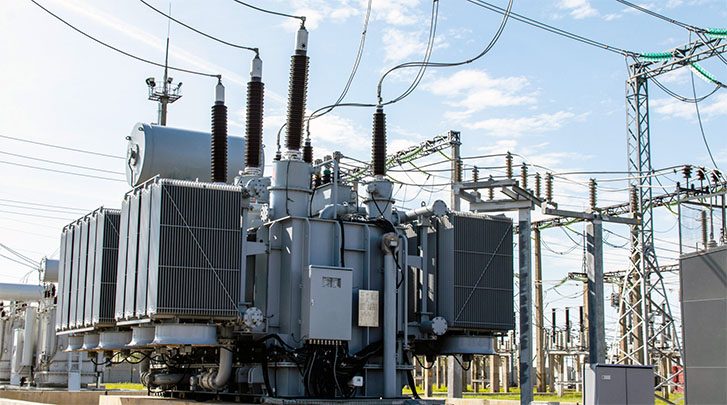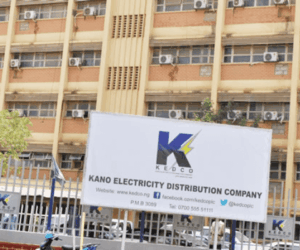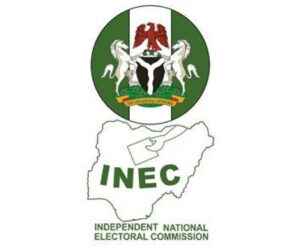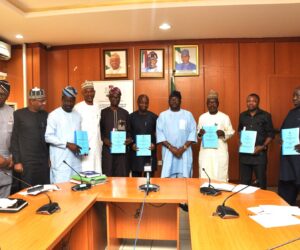1
ABUJA – Nigeria’s power sector recorded a significant boost in electricity generation in the first quarter of 2025, with a 10.92% increase compared to the previous quarter, according to the report from the Nigerian Electricity Regulatory Commission (NERC).
The surge, driven by enhanced operational capacity and improved availability of thermal and hydropower plants, marks a positive step toward addressing the country’s longstanding power supply challenges.
The NERC report reveals that total energy generated reached 10,304.47 gigawatt-hours (GWh) in Q1 2025, up from 9,289.95 GWh in Q4 2024, representing an additional 1,014.52 GWh.
The average hourly generation on the national grid also saw a remarkable 13.39% rise, climbing to 4,770.59 megawatt-hours per hour (MWh/h) from 4,207.41 MWh/h in the previous quarter, an increase of 563.18 MWh/h.
“The increase in quarterly generation is attributable to the enhanced cumulative available generation capacity of grid-connected plants,” the NERC report stated, highlighting improved performance across 19 power plants. Thermal power plants were the primary drivers of this growth, with 16 out of the 23 grid-connected thermal plants recording higher average hourly output. Leading the charge was Delta_1, which boosted output by 157.58 MWh/h, followed by Geregu_2 (71.95 MWh/h), Egbin_1 (68.20 MWh/h), and Afam_2 (68.03 MWh/h).
Hydropower plants also played a role in the upswing, with the five grid-connected hydro stations contributing a combined increase of 54.93 MWh/h, a 4% improvement over Q4 2024. Zungeru_1 led the hydropower segment with a 23.55% rise in output, while Shiroro_1 and Kainji_1 posted gains of 12.21% and 4.80%, respectively.
The improved performance reflects Nigeria’s ongoing efforts to stabilize its power supply through better plant maintenance, enhanced grid management, and more efficient dispatch processes across key regions. These advancements have bolstered the reliability of electricity generation, offering hope for households and businesses grappling with inconsistent power supply.
Despite the progress, challenges remain. The NERC report notes that fuel supply constraints, equipment reliability issues, and high operational costs continue to pose significant hurdles to achieving consistent electricity generation.
Addressing these bottlenecks will be critical to sustaining and building on the gains recorded in Q1 2025.
As Nigeria pushes for greater energy security, the positive trajectory in the power sector signals a promising outlook for economic growth and improved quality of life.
Stakeholders in the energy sector are optimistic that continued investments and reforms will further strengthen the grid and reduce the nation’s reliance on alternative power sources.








